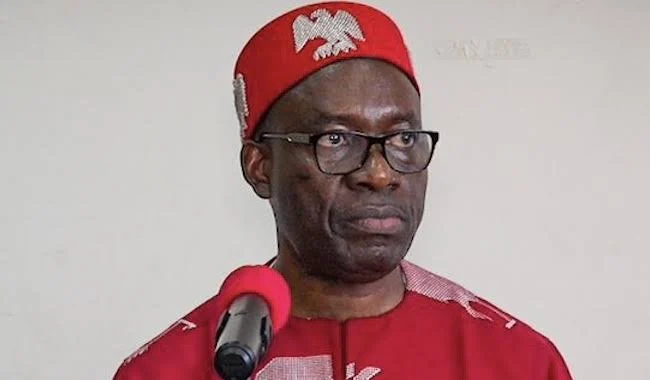The 2023 Labour Party presidential candidate, Peter Obi, has voiced concerns over the alarming rate at which multinational companies are exiting Nigeria.
In a series of tweets on Monday, Obi attributed the exodus to governance-related issues and proposed solutions to address the problem.
Obi emphasized the need for a business-friendly environment, prioritization of security, policy stabilization, reduced energy costs, and a culture of transparency and accountability. He stressed the urgency of transforming Nigeria into an attractive destination for investment and a prosperous nation for all citizens.
These remarks come amid the departure of several multinational companies, including GlaxoSmithKline, Equinor, and Diageo, from Nigeria over the past year. These companies have cited harsh business conditions, insecurity, and high energy costs as primary reasons for their exit, leading to significant economic losses estimated at N95 trillion over the past five years.
“I am compelled to address the alarming exodus of multinational companies from Nigeria, which has cost our nation a staggering N95 trillion in the past five years,” Obi stated. “In the last year alone, over ten multinational giants such as GlaxoSmithKline, Equinor, Sanofi-Aventis, Bolt Food, Procter & Gamble, Jumia Food, PZ Cussons, Kimberly-Clark, Diageo, and others have exited Nigeria, citing eerily consistent reasons.”
Obi highlighted reports from The New Telegraph, The Punch, The Guardian, and The Nation, all pointing to a harsh business climate, insecurity, high energy costs, poor business environment, and inconsistent policies as reasons for the departure of these firms.
“These issues are not coincidental but symptomatic of a larger governance problem. The responsibility lies with our leadership to urgently address these challenges,” Obi said. “Tackling these issues requires creating a business-friendly environment that fosters investment, innovation, and growth. This includes prioritizing security, stabilizing our policies, and reducing energy costs. We must also cultivate a culture of transparency, accountability, and good governance.”
Obi called for a unified effort to build an economy that benefits all Nigerians, not just a privileged few. “Let us unite to transform Nigeria into a nation conducive to business, attractive to investment, safe, and prosperous for all citizens. Together, we can make Nigeria a beacon of hope and progress in Africa and the world. A new Nigeria is possible,” he concluded.











